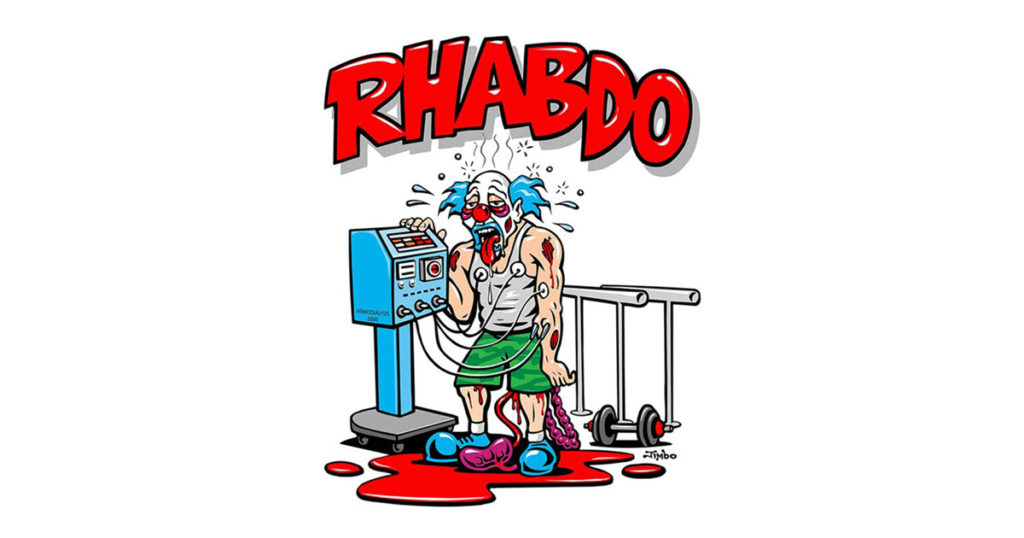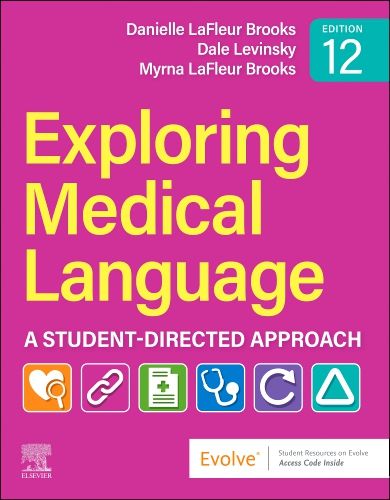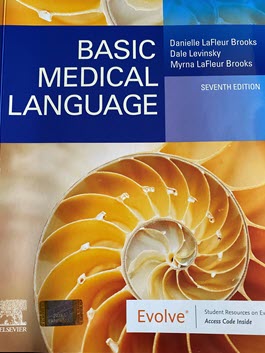First used to describe the syndrome in 1956

Rhabdomyolysis is being used more often lately; moreover, it’s a great example of how word parts are used to create a medical term. For these two reasons, it seems a good time to take a closer look at this interesting word.
Definition
Rhabdomyolysis is death or damage to skeletal muscles caused by trauma, extreme exertion, or drug toxicity. In severe cases, renal failure can result.
Pronunciation
(rab-dō-mī-OL-i-sis)
Etymology
Rhabd/o/my/o/lysis literally translated means dissolution of striated muscle. It is composed of the following word parts.
- rhabd/o – combining form meaning rod-shaped or striated (found in skeletal muscles)
- my/o – combining form meaning muscle
- -lysis – suffix meaning dissolution (damage or death)
Although accounts of rhabdomyolysis have been recorded since biblical times, the term was first used to describe the syndrome in 1956. Of interest is how Ancient Greek and Latin word parts continue to be used to form medical terms. Rhabdomyolysis is informally referred to as rhabdo.
More Information
Description
The broken down muscle fibers that result from rhabdomyolysis are released into the bloodstream and filtered out by the kidneys. Renal failure, a serious kidney condition, can result if the filtering system gets clogged. Blood tests such as creatinine kinase may be used to confirm the diagnosis.
Causes
Drug toxicity occurs most notably with the use of statins to treat high cholesterol such as simvastatin (Zocor), atorvastatin (Lipitor), pravastatin (Pravachol), or lovastatin (Mevacor). Cocaine and heroin use can also cause drug toxicity. Extreme trauma, such as that experienced during earthquakes, bombing, or lightning strike – as well as aggressive workouts – can cause rhabdomyolysis.
Symptoms
Muscle weakness, muscle aches, and dark urine are the most common symptoms of rhabdomyolysis.
Take Away
Rhabdomyolysis should be part of your medical vocabulary. With the growing use of statins, increased situations causing trauma, and the popularity of extreme workouts, we will probably continue to see this term used more often.
For more information read this Medscape article on rhabdomyolysis.
Read Other Medical Terms Posts >
Term definition and pronunciation from: Exploring Medical Language, 10th Edition






